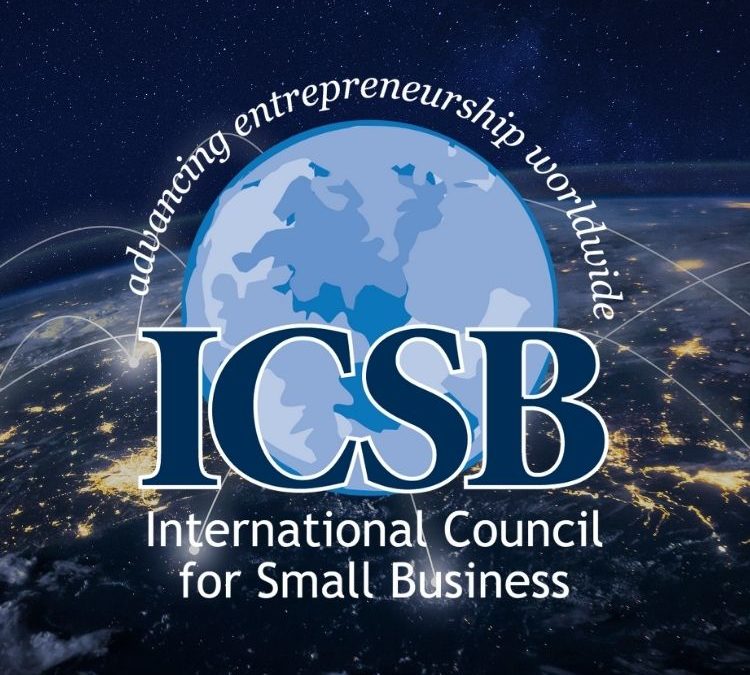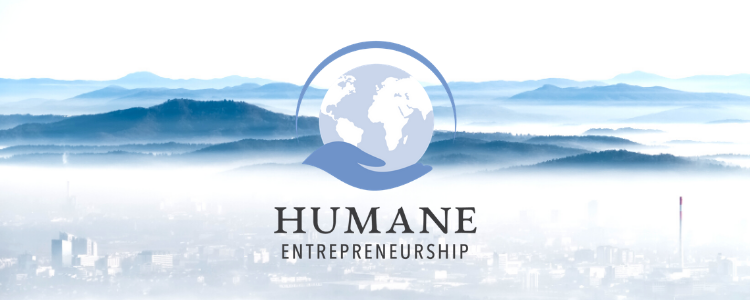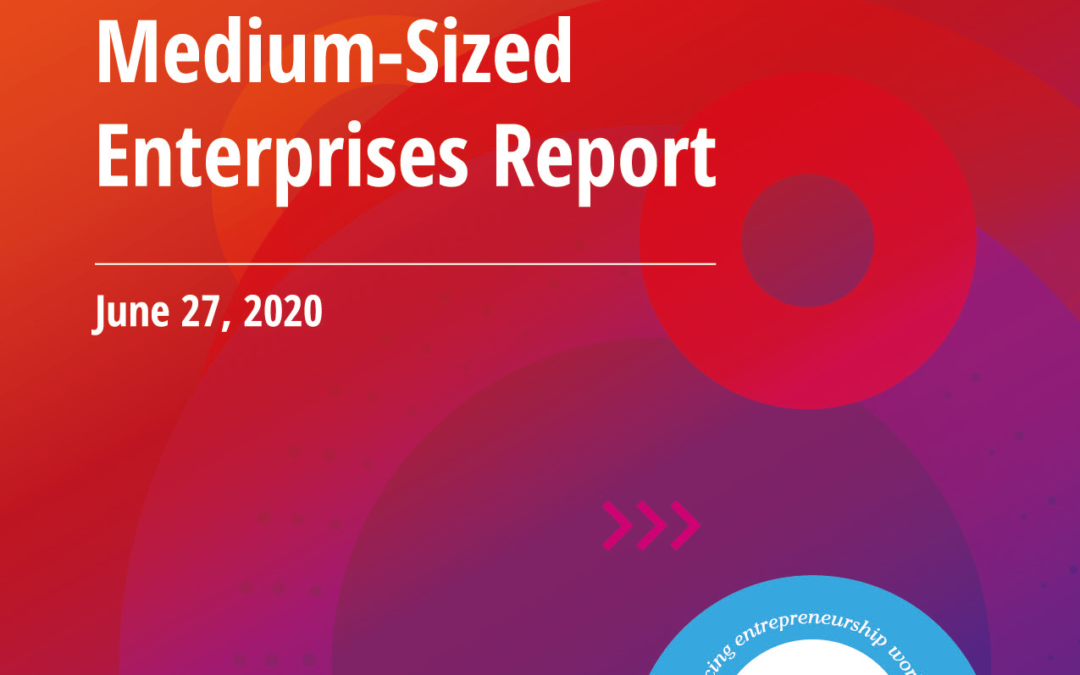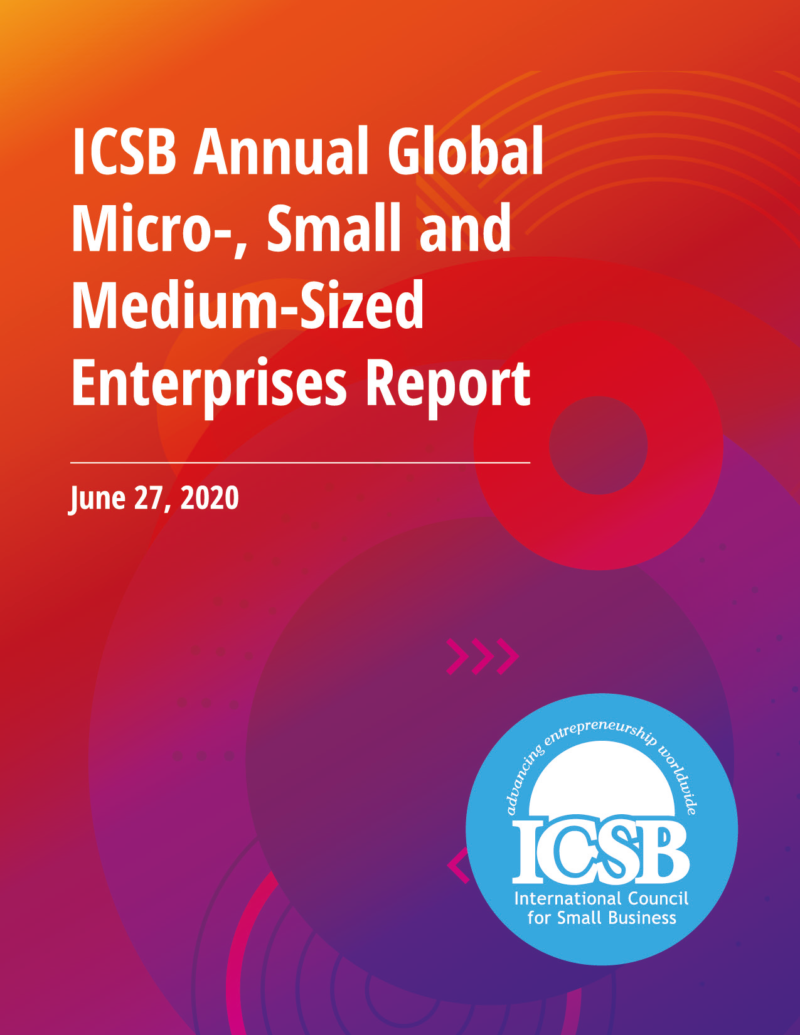
Corporate Entrepreneurship: The Power of Creativity and Passion in a Crisis
Feb 11, 2022 | Ayman Site, Gazette, Small Business Horizon Site
Corporate Entrepreneurship: The Power of Creativity and Passion in a Crisis
Friday, February 11, 2021, by Dr. Alex F. DeNoble, Ph.D
Executive Director, Lavin Entrepreneurship Center San Diego State University

Let’s not pretend that things will change if we keep doing the same things. A crisis can be a real blessing to any person, to any nation. For all crises bring progress.
Albert Einstein
I recently attended the 2022 annual meetings of the United States Association for Small Business and Entrepreneurship (USASBE) in Raleigh North Carolina. A number of years ago, USASBE developed a new program innovation called Learning Journeys. Each year, the conference is held in a different city and the local hosts would organize a number of outings to give conference participants an overview of local entrepreneurship points of interest. This year, I happened to go on the Arts and Entrepreneurship Learning Journey. It was during this tour that we made a stop at the Raleigh Little Theatre. During the visit, our group had the opportunity to hear from Executive Director, Heather Strickland.
Heather explained that the “Little Theatre” movement began in the early 1900’s as a way to broaden the reach of theatre as an artform to all segments of society. Little Theatres then began to crop up in communities throughout the country. The Raleigh Little Theatre began operations in 1936 and has been running ever since. The Raleigh Little Theatre operates through financial support from public and private grants. philanthropy and a cadre of community volunteers involved in all facets of the production process.
During her presentation, Heather discussed the crisis that the group experienced at the onset of the COVID-19 pandemic. As one can imagine, the city ordinance requirements hit the Raleigh Little Theatre pretty hard. They could not hold in person events and hence had no way of continuing their traditional operations. This is when the leadership team unleashed their creativity and passion to imagine a way forward. Their solution: old time radio productions! During the 1940’s and 1950’s, this is how large segments of the population received their entertainment. Families would gather around the radio at predetermined times to listen to stories such as Orson Wells’ epic tome “The War of the Worlds”. A suggestion was made by one of the directors to stage our own version of “old time radio”. It was during the September / October timeframe leading up to Halloween. So the group made a commitment to produce a series of shows based around Edgar Allen Poe’s stories and poems. Using this approach, actors could lend their voice and other production specialists could work remotely. People within the community and even around the country could subscribe on a “pay as you can” basis. Even the education sub-group within the Raleigh Little Theatre community was able to get involved. The bottom line to this story is that the program was so successful that they are now considering radio show productions as a permanent addition to their portfolio of programs.
So why would I share this story in a featured monthly article series devoted to corporate entrepreneurship? In my first article in this series, I underscored the urgency for corporate entrepreneurship, especially in today’s environment. I talked about a punctuated equilibrium situation where an exogenous factor can suddenly impact an ecosystem. For the Raleigh Little Theatre, the impact of COVID-19 and the ensuing social distancing mandates was profound. They simply could not conduct business as usual. But their solution, originally intended as a stop gap measure, was innovative and inspirational. The community embraced it. People from outside of the Raleigh geographic area subscribed to the streaming broadcasts. But best of all, the Raleigh Little Theatre now has a new program to add to their portfolio. Thank you Heather for sharing such an inspirational story of how dreaming and behaving like an entrepreneur can lead to amazing new business opportunities.







